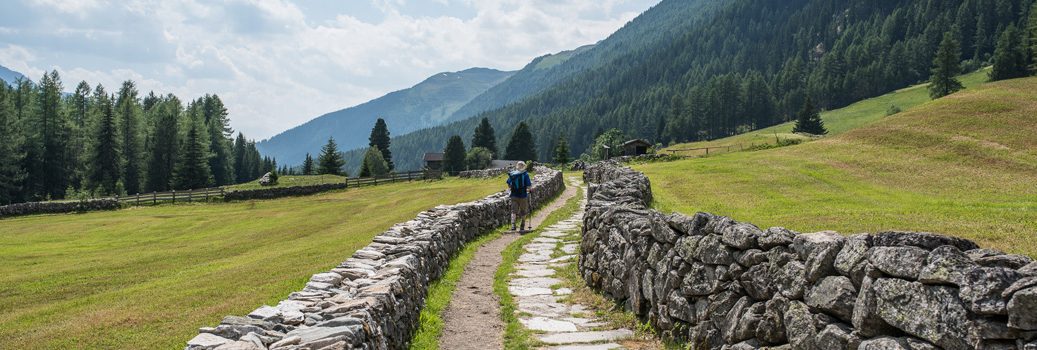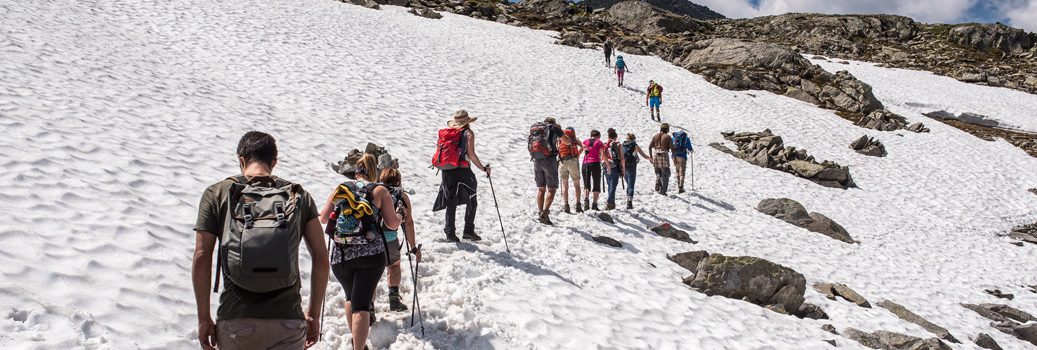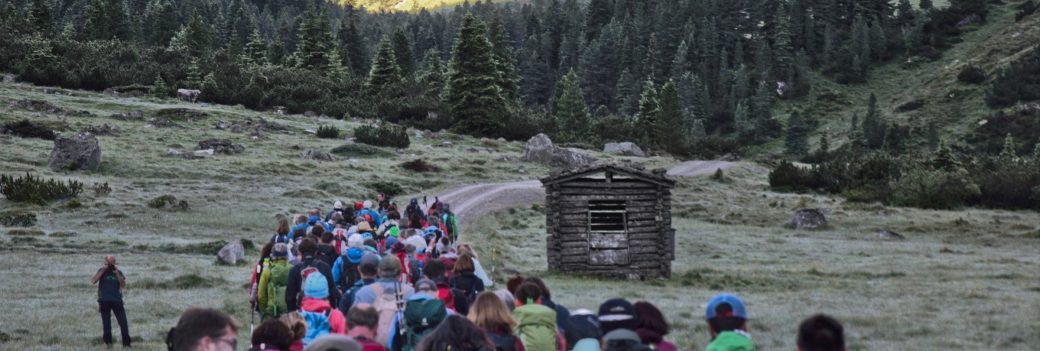What people on the run are currently experiencing in Bosnia-Herzegovina, as well as in other European countries, is unbearable on several levels. In addition to human rights violations, daily violence and the lack of access to clean drinking water, medical care and electricity, the most pressing problem is depression, triggered by a lack of hope and prospects.
A report by Matteo Meinzolt. Translated by Hilde Mayer
People flee their home countries for a variety of reasons. Many flee from war and violence, others from a lack of (economic) prospects, still others from the constraints of society or for the “banal” reason of simply wanting to lead a free and self-determined life. Many end up on the so-called “Balkan route”, the last stop on the way to the EU. As different as their reasons for fleeing may be, in northwestern Bosnia, in the canton of Una-Sana, all refugees find themselves in a similar situation. Since the camp closures in the fall and winter of 2020, there is only one camp left in the entire canton that accepts single men. The luck of getting a place in the last remaining camp, Miral, is a dubious one. Although there are daily meals, electricity, running water and basic medical care. However, the camp is completely overcrowded, people from different countries and cultures live together in a very confined space, strict curfews are in place, and there are repeated attacks by securities. Most of the refugees now live outside the camps, in the open air or in empty houses, where they live together in smaller groups, mostly of the same nationality, and can move around more freely. However, as a result, they receive hardly any care from the official side.
Serious violations of human rights are commonplace.
Violence, hostility and rejection
Many people I have spoken to in recent months have been living in Velika Kladuša for months or years and have tried dozens of times to reach the EU. Time and again they have been stopped by the police and brought back to Bosnia without the chance of an asylum procedure. This practice is called “pushback” and it is illegal according to EU law and the Geneva Refugee Convention. In addition, there are sometimes severe mistreatments and human rights violations, which happen mainly by the Croatian police with the support of the European “border protection agency” FRONTEX. Almost always, the refugees are stripped of all their valuables, including their sleeping bags, shoes and even their clothes. Back in Bosnia, they have to start from scratch. They have to recover from the efforts, cure injuries, they need money for new cell phones, sleeping bags and shoes. This procedure is repeated after each pushback. In addition, there are the difficult living conditions in Velika Kladuša. In addition to the obvious problems, such as the lack of basic supplies, the fear of violence is also a constant companion here. Again and again there are attacks by the police or right-wing vigilantes, but violence also escalates among the refugees. An often unnoticed aspect is the invisible violence they are confronted with every day. Since they are on the run, they find themselves in environments where they are not wanted, perceived as problems. In Velika Kladuša, for example, refugees are forbidden access to most supermarkets and to almost all cafes, bars and restaurants. Violence, hostility and rejection are thus constant companions. In addition, there is the enormous pressure that refugees are under. Almost all of the people fleeing have either sold everything and left it behind or have run up debts with their families and neighbors in order to finance their escape. Going back is either impossible or tantamount to failure. After several thousand kilometers and much more money spent, return is not an option for most.
Lack of perspective and help
With all these factors, it is no wonder that depression, violence against oneself and others, suicidal thoughts and apathy are widespread among people on the run. They are mostly young people who have left their families, friends, jobs and homes with the hope of a better life in Europe. The reality on the Balkan route, however, is so brutal that some wish they had never left. Still, they can go neither forward nor back, and are stuck in a place that robs them of their last shred of dignity. At least there are now several organizations that support refugees on the ground with clothing, medicine, food and firewood. You can fight the cold and the hunger, but hardly anything helps against the hopelessness and resignation in this situation.
You can fight the hunger, but not the hopelessness.
Some of those I met in Velika Kladuša have since made it to Europe. They have escaped the horror of the Balkan route. But many have no perspective in Europe either, live in illegality or are deported and then partly end up in Velika Kladuša again, although they were already so close to their goal of a better life.
Information on the author: Matteo Meinzolt is an activist and has been active as a humanitarian aid worker in Velika Kladuša for the last six months.
Infobox:
Infobox: Velika Kladuša is located in the northwest of Bosnia, directly on the Croatian-Bosnian border and has become a hotspot of the so-called “Balkan route” in recent years. The group AK49 from Munich is currently active on site and supports people on the run.
Donations can be made to the group AK49:
Account holder: Philipp Spindler
IBAN: DE97 4306 0967 1132 476400
BIC: GENODEM1GLS








